After a spat of daily thunderstorms, widespread and prolonged power outages, and 9 confirmed tornado touchdowns in our area all within the the last week I’ve been reminded that September is National Emergency Preparedness Month and my family needs to recheck our emergency preparations.
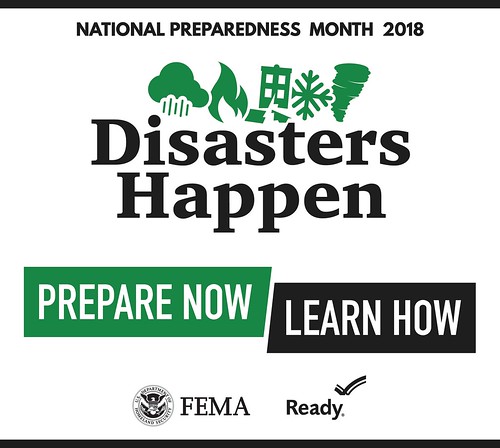
With all the possible ways your family could be impacted by events completely out of your control it is important to have a plan in place ahead of time. When push comes to shove I’d rather be over-prepared and never have to use any of my preparations than under-prepared in the face of an emergency.
Depending on where you live the types of emergencies you could face could vary but the following websites are great resources to get started. Don’t overwhelm yourself thinking that you have to do ALL the preparing in one day, each little step that you take to help prepare your family can make a BIG difference if disaster strikes.
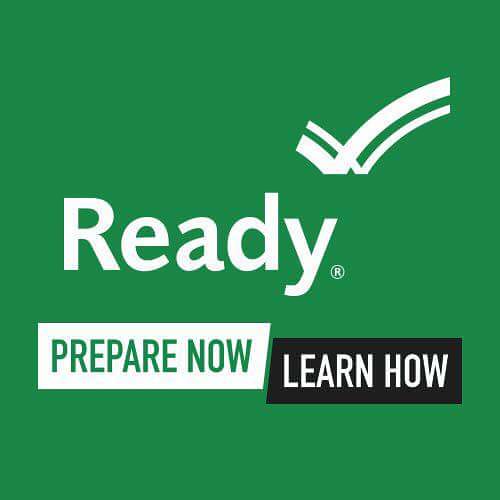
1 ) Ready.gov :: a great place to start. Their website not only outlines the various emergency situations you could be faced with with, they have information on what to do before, during and after each type of event. They provide guidance on how to make a plan, build an emergency kit, and get involved to support your community awareness. There is also a link there to FEMA.gov where you can view more details about the Federal Emergency Management Agency.
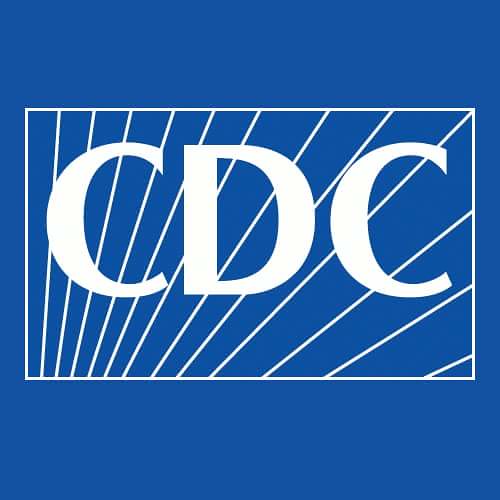
2) CDC.gov :: the Emergency Preparedness and Response section of Centers for Disease Control and Prevention (CDC), addresses health concerns, related emergencies, severe weather and environmental issues, and contamination of the food supply.
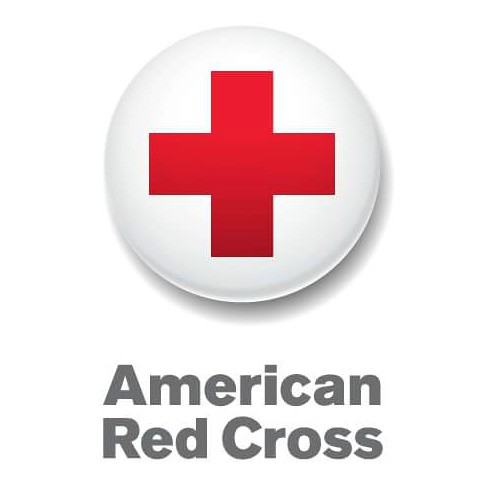
3) RedCross.org :: the online home to the American Red Cross (ARC). The ARC is an internationally recognized emergency relief organization that responds to approximately 70,000 disasters in the United States each year. They provide shelter, food & water, and emotional support through public assistance and their network of volunteers.
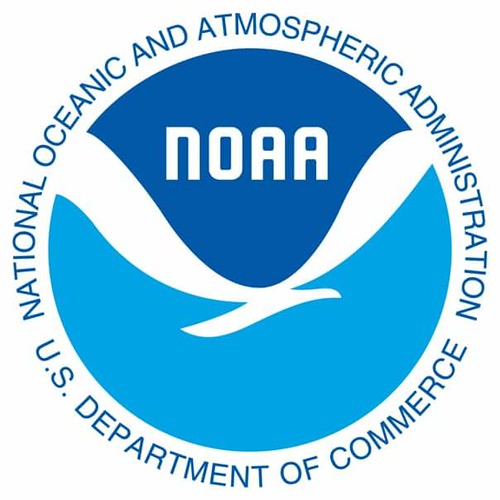
4) NOAA.gov :: is the National Oceanic and Atmospheric Administration (NOAA). They provide active weather alerts through the National Weather Service (NWS).
I also suggest checking with your local government agencies for any emergency preparedness information or plans that they have created for your area. Remember, these resources are great places to start but every family should make up an individual plan to fit their specific needs.



